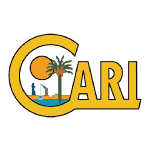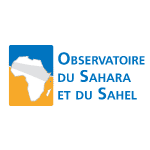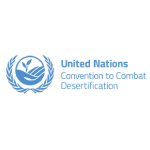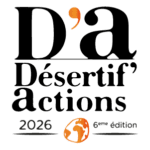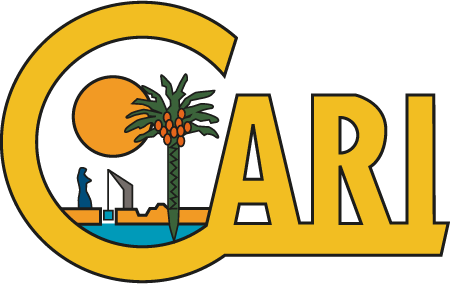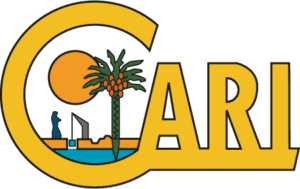Desertif'actions 2022
The International Civil Society Summit was held in Montpellier from 05 to 07 October
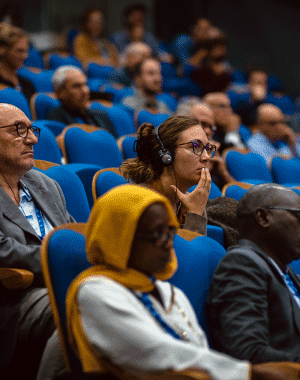
A landmark edition with actors from 39 countries!
The International Civil Society Summit was held in Montpellier from 05 to 07 October
Désertif’actions 2022 is the fifth edition, based on a multi-stakeholder dynamic throughout the year and organised in 3 phases: an initial preparatory phase, between January and April, which highlighted the first elements of consultation through the administration of an online questionnaire, national workshops in 17 countries, and an international webinar; a second phase of structured contribution to the UNCCD COP 15 in Abidjan in May; and the organisation of an international summit in October in Montpellier.
The whole Désertif’actions 2022 initiative has focused on promoting agro-ecology as a solution for inspiring agricultural transitions in the territories, taking into account the major benefits for the environment, food security and local development in dry areas.
Preparatory phase, documentation
National workshops
Between 20 and 60 people met in each of the participating countries at workshops to produce evidence and advocacy messages on agroecology as a solution to a range of issues.
These workshops enabled the participating organisations to share examples of the results of their actions in the field, and the effects observed on economic development, environmental protection, quality of life and resilience in the face of crises. Organised voluntarily by the organisations involved in their own countries, these workshops clearly demonstrate the major importance of these concerns on a global scale.
Webinar
More than 70 representatives of civil society organisations, scientists and institutions took part in the online workshop organised by CARI and the Sahara and Sahel Observatory to consolidate the initial results of Désertif’actions 2022 with a view to UNCCD COP15.
The webinar provided an opportunity to present the results of participation in the online questionnaire and the national workshops, as well as the initial consolidated results on the 8 themes covered. The discussions during the webinar helped to consolidate common positions on the issues of drought, food security and neutrality with regard to land degradation, which were then taken forward by civil society at COP15 of the UNCCD.
Preparatory documents
The preparatory phase, through the various times devoted to consultation, resulted in the production of: framework notes and thematic fact sheets.All of these were used at COP 15 in Abidjan (phase 2).
Agro-ecology and biodiversity
Agroecology and climate change
Agroecology and the Great Green Wall
Agroecology and neutrality in terms of land degradation
Agroecology and the One Health approach
Agroecology and ecosystem restoration
Agroecology and drought
Agro-ecology and food security
Preparing for COP15, documentation
Programme for the 3 days of the Summit, documentation
Day 1 – 05/10/22
Plenary sessions
Opening session International negotiations on land: issues and prospects
The opportunities of Agroecology for development in dry zones Discover the presentations :
Obstacles and levers to the deployment of agroecology
Day 2 – 06/10/22
Workshops and parallel sessions
Agroecology at the service of local economic development
Agroecology to protect the health of the environment
Agro-ecology for a better quality of life
Agro-ecology for a better quality of life
Jour 3 – 07/10/22
Sujets – Thématiques
Quelles avancées et initiatives de politiques publiques en faveur de la transition agroécologique ?
Restitution des travaux de groupe :
Open dialogue civil society – donors – decision-makers
Parallel panels – Relevant policy frameworks for agro-ecological transitions
Panel 1 – Local authorities and their international initiatives
Panel 2 – The Great Green Wall initiative, prospects for achieving the objectives by 2030
